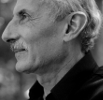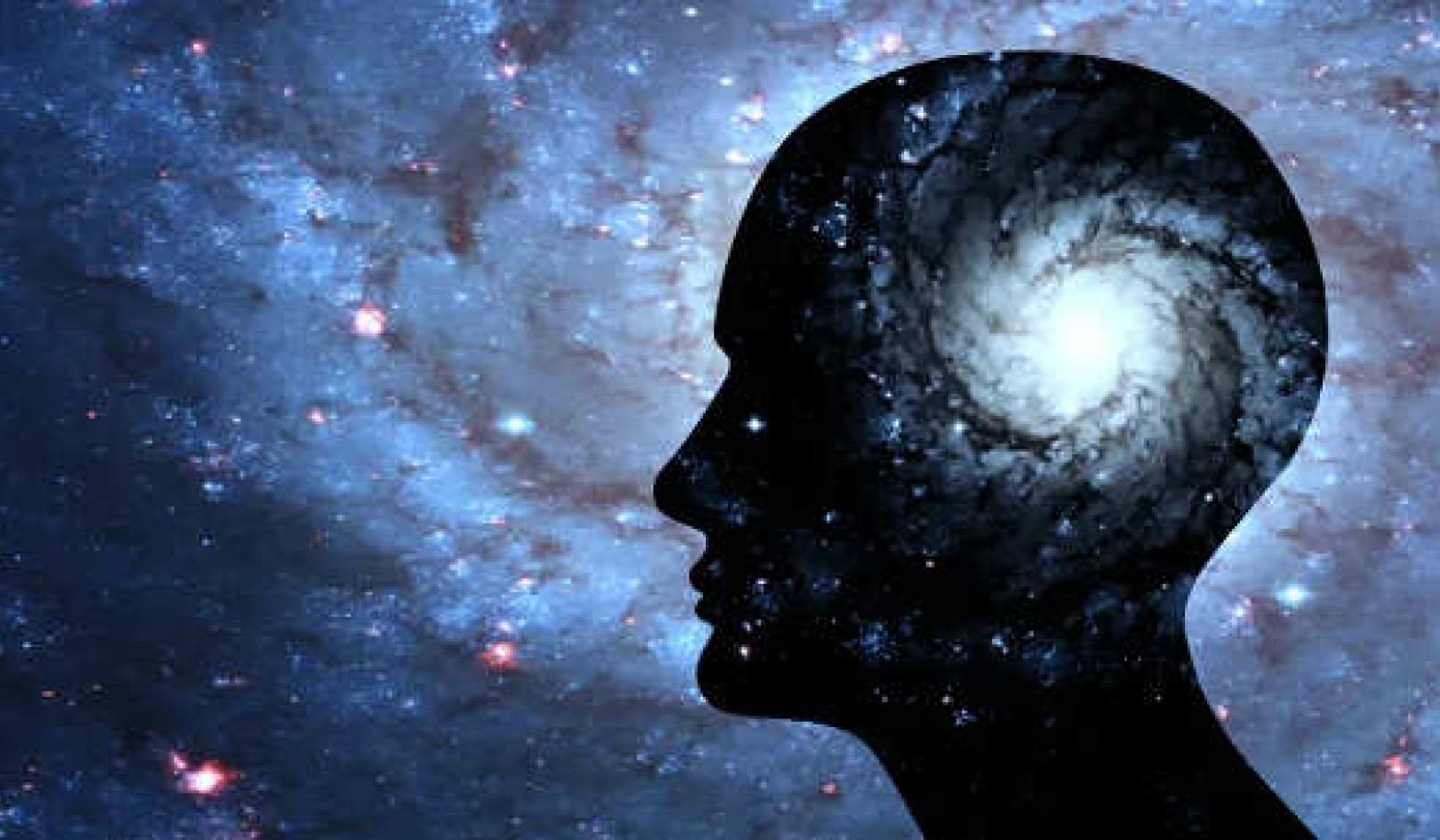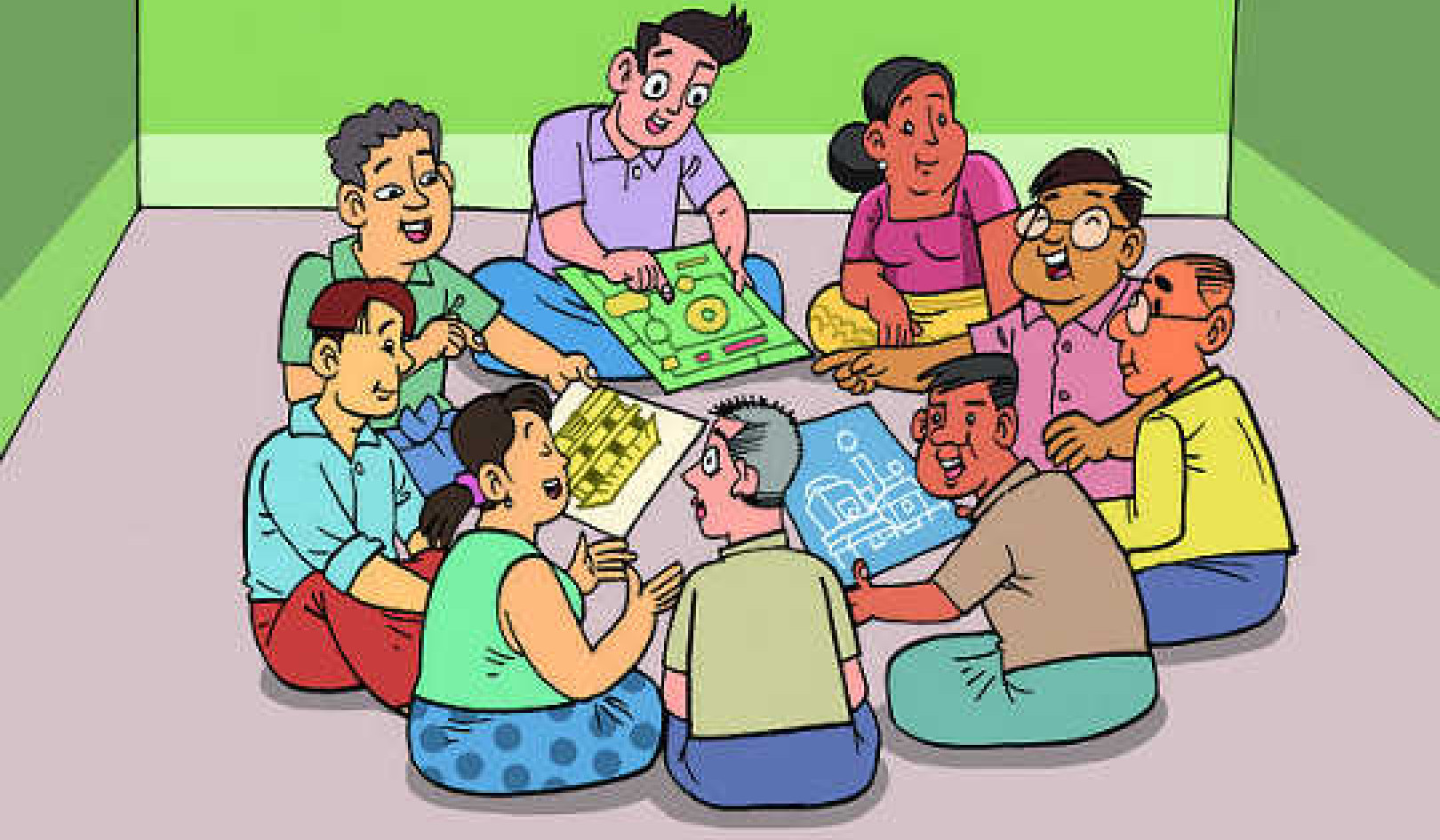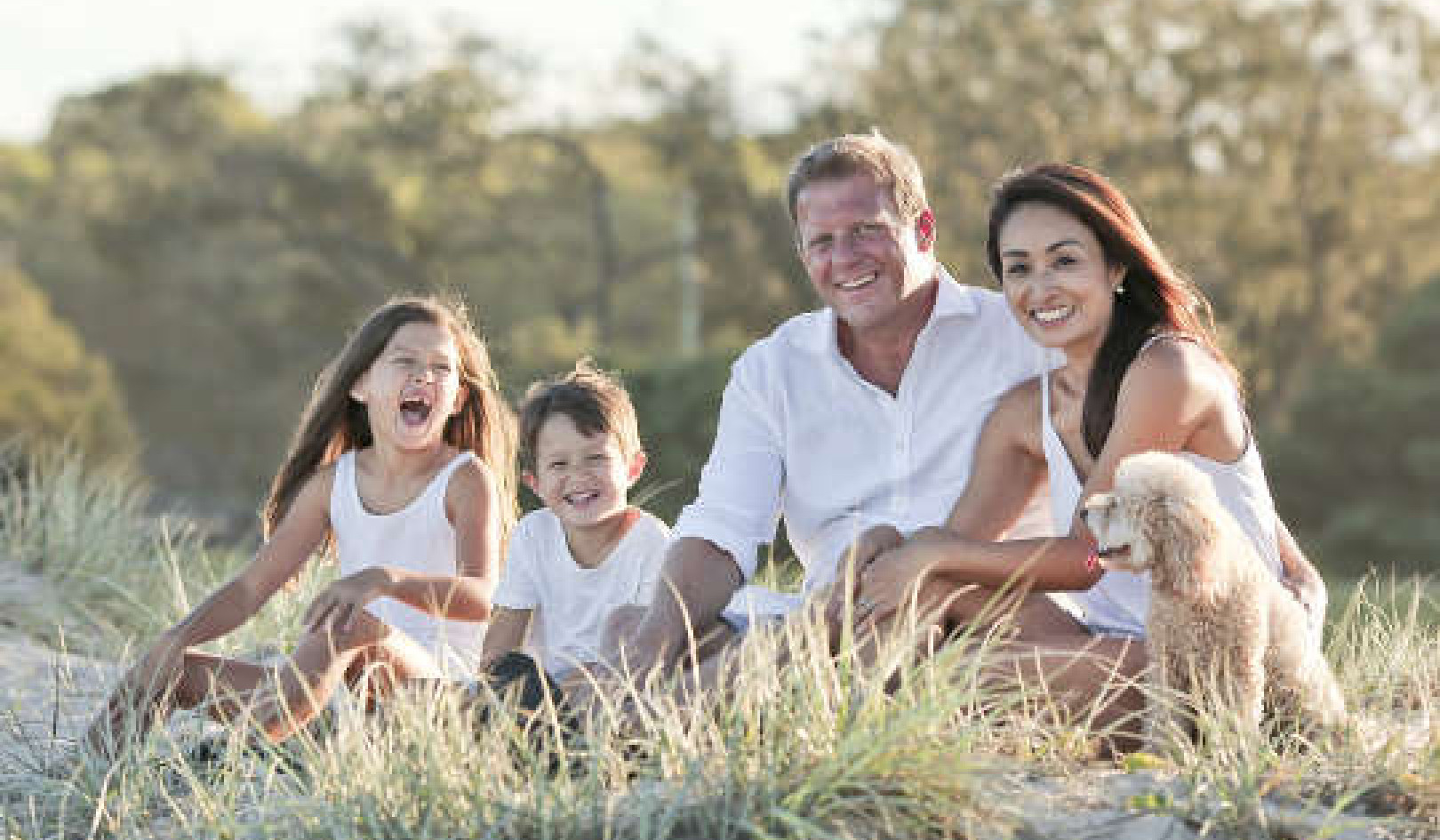
Image by Arek Socha
These are extraordinary times for a spiritual seeker. Modern spiritual bookstores bulge with texts of Christian, Jewish, Sufi, and Hindu mystical practices. The many contradictory perspectives we encounter pose one of the great dilemmas of spiritual life: What are we to believe?
To Know What Is Spiritual We Must Be Open
Initially, in our enthusiasm for our practice, we tend to take everything we hear or read as the gospel truth. This attitude often becomes even stronger when we join a community, follow a teacher, undertake a discipline. Yet all of the teachings of books, maps, and beliefs have little to do with wisdom or compassion. At best they are a signpost, a finger pointing at the moon, or the leftover dialogue from a time when someone received some true spiritual nourishment. To make spiritual practice come alive, we must discover within ourselves our own way to become conscious, to live a life of the spirit.
When we are faced with a variety of spiritual teachings and practice, we must keep a genuine sense of inquiry: What is the effect of this teaching and practice on myself and others? Am I being led to greater kindness and greater understanding, to greater peace or freedom?
Acting Spiritual Is Not Being Spiritual
Spiritual practice can never be fulfilled by imitation of an outer form of perfection. This leads us only to "acting spiritual". In fact, initially, spiritual practice may feel like it is leading us in the opposite direction. As we awaken, we tend to see our faults and fears, our limitations and selfishness, more clearly than ever before. When we begin to encounter our own limitations directly, we may then try to look for another form of practice, a faster way, or we may decide to change our life radically -- move our home, get divorced, join a monastery.
In our initial discouragement, we may blame our practice, or the community around us, or we may blame our teacher. This happened to me in my first year as a monk. I was practicing diligently, but I became quite frustrated after a time. The restlessness, doubt, reactivity, and judgmental mind I encountered were very difficult for me.
The more frustrated I became, the more the monastery looked sloppy and not conducive to enlightenment. Even my image of the master began to fit right in with this frame of mind. So I went to confront him. I bowed and paid my respects and told him I wanted to leave for a stricter monastery, that there wasn't enough time to meditate where I was. "Eh," he said, "there isn't enough time to be aware?" "No," I answered, somewhat taken aback by his question. But my frustration was strong, so I went on, "Besides that, the monks are too sloppy and even you aren't silent enough. You are inconsistent and contradictory. This doesn't seem like what the Buddha taught to me."
Only a Westerner would say something like this, and it made him laugh. "It's a good thing I don't appear like the Buddha," he answered. Somewhat annoyed I replied, "Oh, yes, why is that?" "Because," he said, "you would still be caught in looking at the Buddha outside of yourself. He isn't out here!" With that he sent me back to continue my meditation.
Search For Perfection Causes Our Suffering
"It is our very search for perfection outside ourselves that causes our suffering," said the Buddha. Even the most perfect moment or thing will change just a moment later. It is not perfection we must seek, but freedom of the heart.
The Third Patriarch of Zen Buddhism explained that liberation arises when we are "without anxiety about non-perfection". The world is not supposed to be perfect according to our ideas. We have tried so long to change the world, yet liberation is not to be found by changing it, by perfecting it, or ourselves.
Whether we seek enlightenment through altered states, or in community, or in our everyday life, it will never come to us when we seek perfection. The Buddha arises when we are able to see ourselves and the world with honesty and compassion. In many spiritual traditions there is only one important question to answer, and that question is: Who am I?
Living A Spiritual Life and Seeking Spirituality
What images do we hold of ourselves, of our spiritual life, of others? Are all these images and ideas who we really are? Is this our true nature?
Liberation comes not as a process of self-improvement, of perfecting the body or personality. Instead, in living a spiritual life, we are challenged to discover another way of seeing, rather than seeing with our usual images, ideals, and hopes. We learn to see with the heart, which loves, rather than with the mind, which compares and defines. This is a radical way of being that takes us beyond perfection.
Published by Bantam Books. Reprinted with permission.
For on-line information about other Random House Inc.
books and authors, see Internet Web Site at www.randomhouse.com
Article Source
A Path With Heart: A Guide Through the Perils and Promises of Spiritual Life
by Jack Kornfield.
 A Path with Heart is filled with practical techniques, guided meditations, stories, koans, and other gems of wisdom that can help ease your journey through the world. The author’s own profound—and sometimes humorous—experiences and gentle assistance will skillfully guide you through the obstacles and trials of spiritual and contemporary life to bring a clarity of perception and a sense of the sacred into your everyday experience. Reading this book will touch your heart and remind you of the promises inherent in meditation and in a life of the spirit: the blossoming of inner peace, wholeness, and understanding, and the achievement of a happiness that is not dependent on external conditions.
A Path with Heart is filled with practical techniques, guided meditations, stories, koans, and other gems of wisdom that can help ease your journey through the world. The author’s own profound—and sometimes humorous—experiences and gentle assistance will skillfully guide you through the obstacles and trials of spiritual and contemporary life to bring a clarity of perception and a sense of the sacred into your everyday experience. Reading this book will touch your heart and remind you of the promises inherent in meditation and in a life of the spirit: the blossoming of inner peace, wholeness, and understanding, and the achievement of a happiness that is not dependent on external conditions.
About The Author
 JACK KORNFIELD was trained as a Buddhist monk in Thailand, Burma, and India, and has taught meditation worldwide since 1974. He is one of the key teachers to introduce Theravada Buddhist practice to the West. For many years his work has been focused on integrating and bringing alive the great Eastern spiritual teachings in an accessible way for Western students and Western society. Jack also holds a Ph. D. in clinical psychology. He is a husband, father, psychotherapist, and founding teacher of the Insight Meditation Society and the Spirit Rock Center. His books include A Path With Heart, After the Ecstasy, the Laundry : How the Heart Grows Wise on the Spiritual Path, Buddha's Little Instruction Book, Buddhism in the West: Spiritual Wisdom for the 21st Century, Seeking the Heart of Wisdom: The Path of Insight Meditation, A Still Forest Pool: The Insight Meditation of Achaan Chah, and Soul Food : Stories to Nourish the Spirit and the Heart. Visit Jack Kornfield's website at https://jackkornfield.com/
JACK KORNFIELD was trained as a Buddhist monk in Thailand, Burma, and India, and has taught meditation worldwide since 1974. He is one of the key teachers to introduce Theravada Buddhist practice to the West. For many years his work has been focused on integrating and bringing alive the great Eastern spiritual teachings in an accessible way for Western students and Western society. Jack also holds a Ph. D. in clinical psychology. He is a husband, father, psychotherapist, and founding teacher of the Insight Meditation Society and the Spirit Rock Center. His books include A Path With Heart, After the Ecstasy, the Laundry : How the Heart Grows Wise on the Spiritual Path, Buddha's Little Instruction Book, Buddhism in the West: Spiritual Wisdom for the 21st Century, Seeking the Heart of Wisdom: The Path of Insight Meditation, A Still Forest Pool: The Insight Meditation of Achaan Chah, and Soul Food : Stories to Nourish the Spirit and the Heart. Visit Jack Kornfield's website at https://jackkornfield.com/
Watch a video with Jack Kornfield: The Ancient Heart of Forgiveness (video ends with a powerful 10-minute forgiveness and releasing meditation)
{vembed Y=yiRP-Q4mMtk}



























